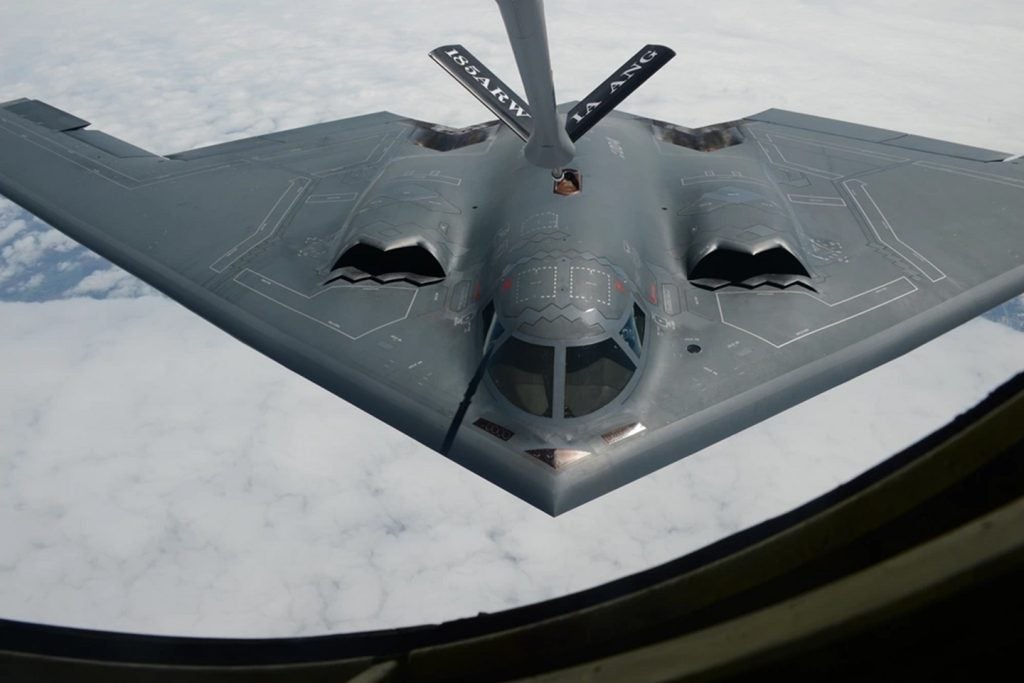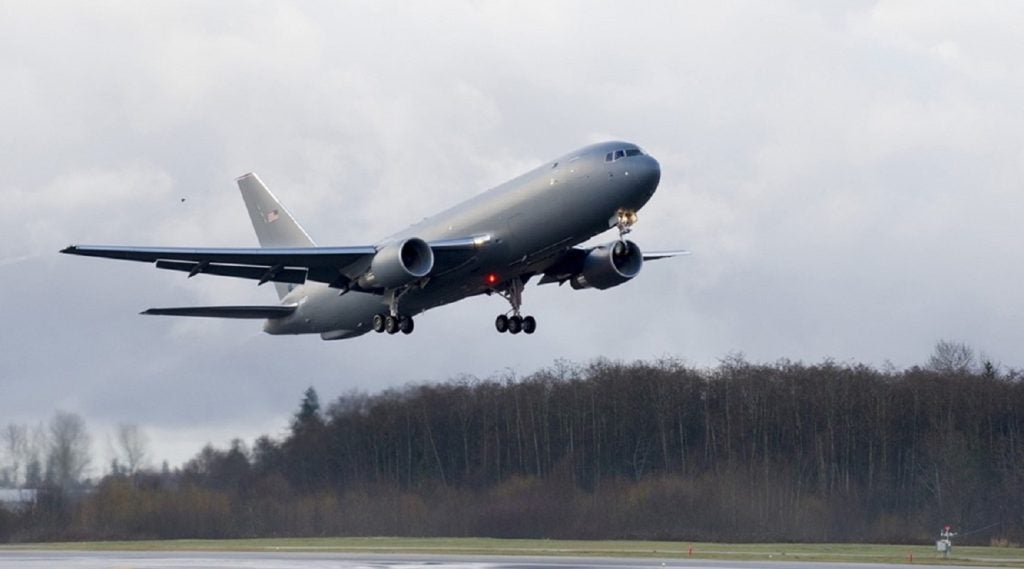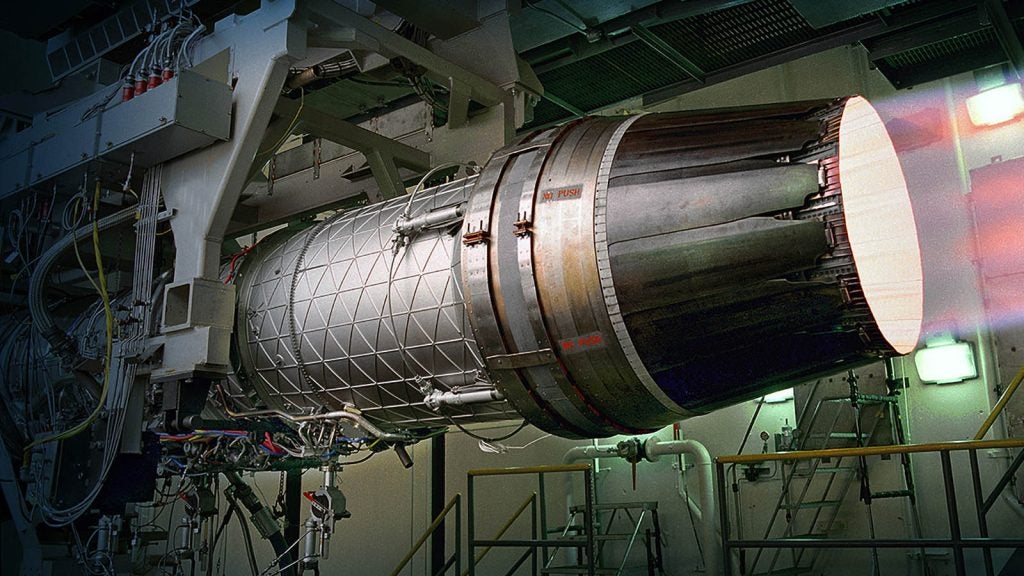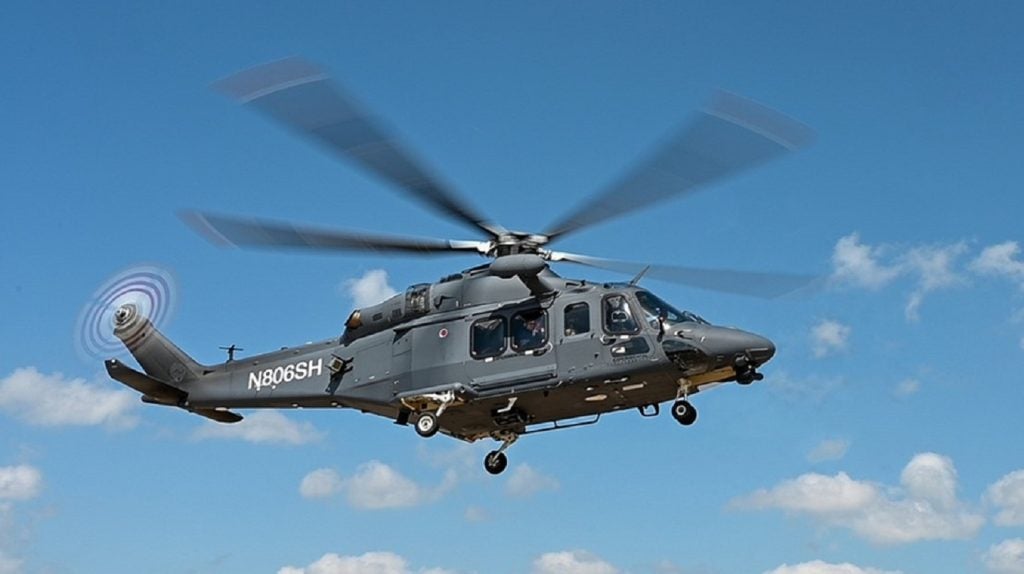Charles River Analytics (CRA) has been awarded a follow-on contract to develop novel techniques for malware defence for the US Air Force (USAF).
Under the contract, the company will continue work on the semi-supervised algorithms against malware evolution (SESAME), a research project aimed at countering the increasing threats posed by malware.
The company is collaborating with professor Arun Lakhotia of the Center for Advanced Computer Studies at the University of Louisiana to work on the project."
Charles River principal scientist Dr Avi Pfeffer said the malware poses a critical threat to the US’s networked assets, as the number and sophistication of its attacks continues to multiply each year.
Pfeffer said, ”Human analysts cannot cope with the large volume of malware, and automated methods have difficulty recognising evolving malware.
”Our goal under the SESAME effort is to develop a robust, scalable system that improves malware detection while countering attempts by attackers to subvert our defenses.”
The SESAME uses online learning to evolve as new malware is encountered, recognising new families and adapting its model of families and combines a rich understanding of malware set with deep machine learning algorithms to learn the essential characteristics of malware.
Designed as an enterprise-based system, the project uses cloud-based learning to scale up to handle the enormous number of malware attacks.
Apart from SESAME, CRA is also working on several projects in the cyberdefence domain, including malware analysis and attribution using genetic information system (MAAGI), tangible trustworthiness for mixed-initiative network defense (T2-MIND) programme, probabilistic relational models for cyber situation awareness(PRM4Cyber) project and the advanced pattern recognition (APR) project.








